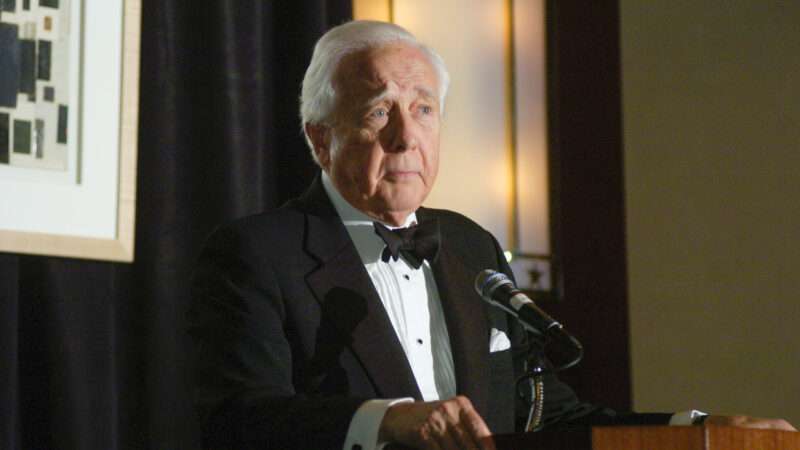
One of the first things I did after signing a contract to write a biography of Samuel Adams was to try to hire Mike Hill, a researcher who worked with David McCullough on his John Adams.
Hill, who has gone on to emerge as an accomplished author in his own right, turned out to be helpful, a skilled researcher and an exceptionally gracious person. But what my call to him was really about, in retrospect, wasn’t so much my need for research assistance or even for guidance as a first-time book author setting off on a big project. It was about my admiration for McCullough, who died this week at age 89.
The news of McCullough’s death set me to thinking about what, precisely, it was that had me so admiring of his example and eager to emulate it.
Part of McCullough’s greatness was his combination of writerly craft and commercial success. A lot of the historical heavy lifting on John Adams was done by academically trained historians working at a slow pace with government and philanthropic funding on the Adams Papers project of the Massachusetts Historical Society. McCullough took what they had found, boiled it down, and rewrote it in a way that was accessible and interesting to a wide audience. John Adams was published in 2001 by Simon & Schuster, a commercial publisher with a profit motive. It became an HBO miniseries.
McCullough’s book on the The Wright Brothers traced how the entrepreneurial pioneers of the airplane outperformed competing efforts by the government-funded Smithsonian.
McCullough, while building on the work of academic historians, was also filling a gap left open by them. The university professors increasingly focused on unearthing America’s flaws, its history of discrimination against women and blacks and indigenous peoples. They described a past to recoil against or to be ashamed of, not to be proud of. McCullough, derided as middlebrow, outsmarted the professors by understanding that the American Founders and the Constitution they crafted, if imperfect, were nonetheless worthy, perhaps even blessed by divine providence.
Lin-Manuel Miranda’s Hamilton was based on Ron Chernow’s 2004 biography, but McCullough helped clear the way for a heroic Hamilton.
You could say that this was generational, that McCullough was too old to be hip to the identity politics that have come to dominate academia. That’s not quite accurate, though; the Founders had been attacked going back to Columbia University’s Charles Beard and his fellow progressive historians of the early 20th century.
Not that McCullough was entirely uncritical of capitalism or that he failed to appreciate government institutions. He tried to see the bright side. At an event at the Vineyard Haven public library on Martha’s Vineyard, he celebrated, “anytime you start to get a little down about the state of American society or the state of American culture, keep in mind that today, still, there are more public libraries in the United States than there are McDonald’s. May it ever be so.” It seemed to me, at the time, a cheap shot against McDonald’s.
McCullough’s doorstop biographies of John Adams and of President Harry Truman got a lot of attention and won the author his two Pulitzer prizes. As someone who for years commuted by foot from Brooklyn Heights to Lower Manhattan, McCullough’s The Great Bridge, about the Brooklyn Bridge, is one for which I have sentimental affection.
My all-time favorite of McCullough’s works, however, is the slimmer 1776. It ends, “Especially for those who had been with Washington and who knew what a close call it was at the beginning—how often circumstance, storms, contrary winds, the oddities or strengths of individual character had made the difference—the outcome seemed little short of a miracle.”
Miraculous, in their way, too, were McCullough’s storytelling gifts, his work ethic, his voice, and the way they enlightened so many Americans. McCullough, by his words, connected his readers and listeners to the “strengths of individual character” that are the American genius.
The post R.I.P. David McCullough, Who Saw the Bright Side of History appeared first on Reason.com.
from Latest https://ift.tt/Lhn2Csc
via IFTTT